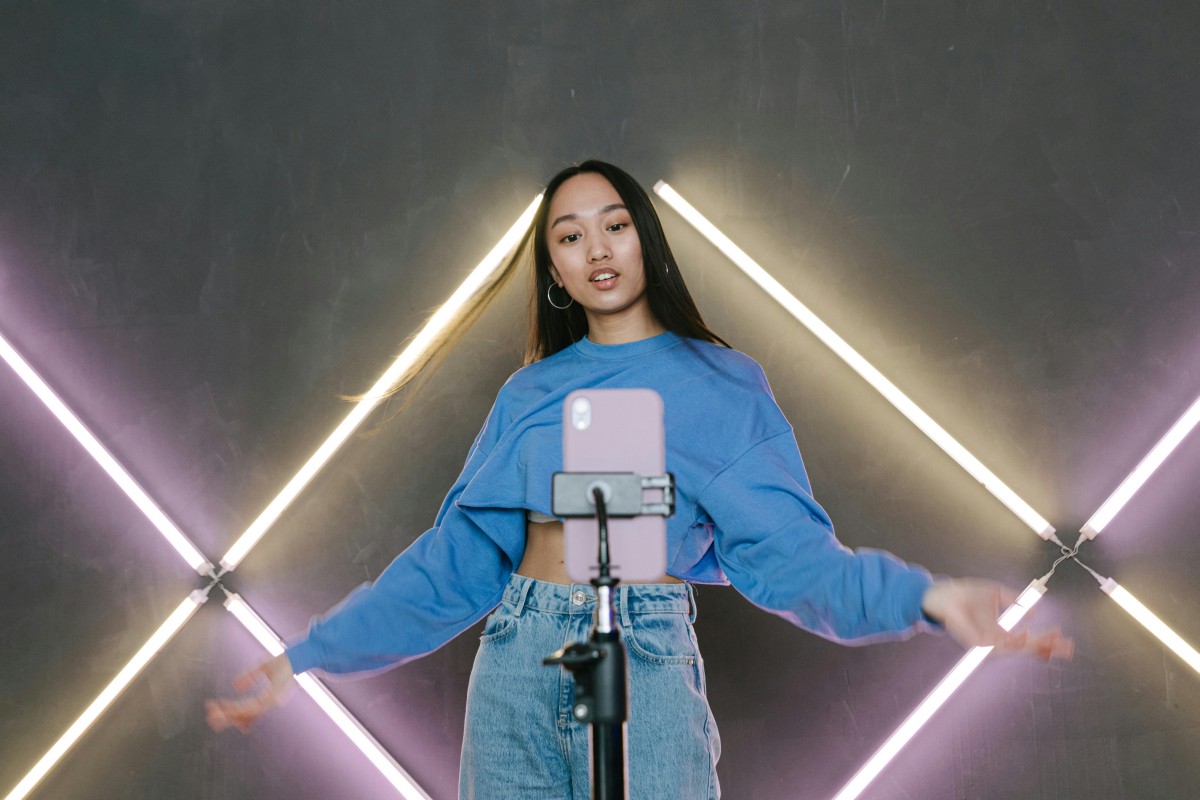Influencer marketing has evolved from a niche strategy into a multi-billion-dollar industry, with brands relying on social media personalities to drive engagement, trust, and sales.
But as artificial intelligence (AI) and virtual influencers gain traction, the landscape is set for a dramatic shift.
From hyper-realistic digital personas to AI-driven content creation, the future of influencer marketing is being reshaped by technology. But what does this mean for brands, creators, and consumers? Let’s explore the rise of AI-generated influencers, the shift towards hyper-niche micro-communities, and the ethical challenges that come with blending authenticity and automation.
The Rise of AI-Generated Influencers: What’s Changing?
AI-generated influencers—also known as virtual influencers—are digital characters created using AI and CGI (computer-generated imagery). These influencers exist entirely online but engage with real audiences through social media platforms, brand collaborations, and even virtual events.
Some of the most well-known virtual influencers include:
- Lil Miquela (@lilmiquela) – A hyper-realistic AI influencer with over 2.5M followers on Instagram, collaborating with brands like Prada and Calvin Klein.
- Shudu (@shudu.gram) – A high-fashion digital model, appearing in campaigns for Balmain and Vogue.
- Noonoouri (@noonoouri) – A stylized CGI influencer known for her collaborations with luxury fashion houses like Dior and Valentino.
These AI-powered personalities challenge the traditional influencer model by offering complete creative control, 24/7 availability, and a controversy-free image—qualities that appeal to brands looking for precision in their campaigns.
How AI Influencers Are Changing Brand Collaborations
- Cost-Effective & Scalable – AI influencers eliminate the need for travel expenses, talent fees, and unpredictable human variables, making campaigns more efficient.
- Consistent Brand Messaging – Brands can ensure that virtual influencers align perfectly with their messaging and aesthetics.
- Cross-Platform Integration – AI influencers can seamlessly integrate into multiple digital spaces, from Instagram and TikTok to the metaverse.
However, as AI influencers gain popularity, they also raise ethical questions about authenticity, transparency, and consumer trust—which we’ll explore later.
From Mass Influence to Hyper-Niche Micro-Communities
The rise of AI and automation isn’t just changing who influencers are—it’s also reshaping how brands connect with audiences.
Instead of relying on mega-influencers with millions of followers, brands are shifting toward micro-communities and niche influencers, where engagement and authenticity matter more than sheer reach.
Why Are Micro-Communities the Future?
- Higher Engagement Rates – Smaller, highly engaged audiences are more likely to interact with content, leading to better ROI.
- Stronger Trust & Authenticity – Consumers trust recommendations from niche influencers who specialize in specific topics.
- Personalized Marketing – AI-driven analytics allow brands to identify micro-communities and create hyper-targeted campaigns.
In this new landscape, AI and data-driven insights will help brands pinpoint the most effective influencers—not just based on follower count, but on actual engagement, sentiment, and audience behavior.
Brands will need to balance human connection with AI efficiency to create influencer campaigns that feel both authentic and data-driven.
The Ethics of AI Influencers: Authenticity vs. Automation
As AI and virtual influencers take center stage, brands and consumers are questioning:
- Can an AI-generated persona truly be authentic?
- Will audiences engage with influencers who don’t have real human experiences?
- How transparent should brands be about using AI-generated content?
Key Ethical Considerations
- Disclosure & Transparency – Should AI influencers be required to disclose that they are not real people? Regulations may emerge to ensure brands clarify when content is AI-generated.
- Emotional Manipulation – AI influencers can simulate emotions, but is it ethical to create artificial personalities designed to evoke human-like connections with audiences?
- Job Displacement – With brands turning to AI-generated influencers, human creators may face competition from digital personalities that never age, demand fees, or face PR crises.
While AI influencers offer unmatched creative control and brand alignment, human influencers still hold an advantage in relatability, storytelling, and trust—at least for now.
What’s Next? The Future of AI & Influencer Marketing
As AI technology advances, influencer marketing will continue to evolve in four key ways:
- AI-Powered Content Creation – AI will assist human influencers by generating captions, video scripts, and personalized recommendations to optimize engagement.
- Virtual & Human Influencer Hybrids – Some influencers may integrate AI-powered enhancements, such as deepfake-style video modifications or AI-generated content to increase productivity.
- Brands Creating Their Own AI Influencers – Instead of partnering with existing digital personas, brands may develop proprietary AI influencers who exclusively represent their identity and values.
- AI-Driven Influencer Matching – AI-powered tools will refine influencer selection, ensuring brands collaborate with the most relevant voices based on real-time engagement and audience sentiment.
Ultimately, the future of influencer marketing will be a blend of human creativity and AI efficiency, where brands leverage both authentic relationships and data-driven precision to maximize impact.
Final Thoughts: The Future of Influence is Hybrid
AI and virtual influencers are not here to replace human creators but to complement and reshape the influencer marketing industry. Brands that embrace both AI-driven efficiency and human connection will be the ones that thrive in this new era.
- Will AI influencers dominate social media? Probably not—at least, not entirely.
- Will brands need to rethink their influencer strategies? Absolutely.
- Is authenticity still king in influencer marketing? 100%.
As the lines between human and AI influencers blur, brands must navigate this exciting yet complex future with transparency, ethics, and audience trust at the forefront.
What do you think? Will AI influencers reshape brand collaborations, or will audiences continue to crave real human connection?









